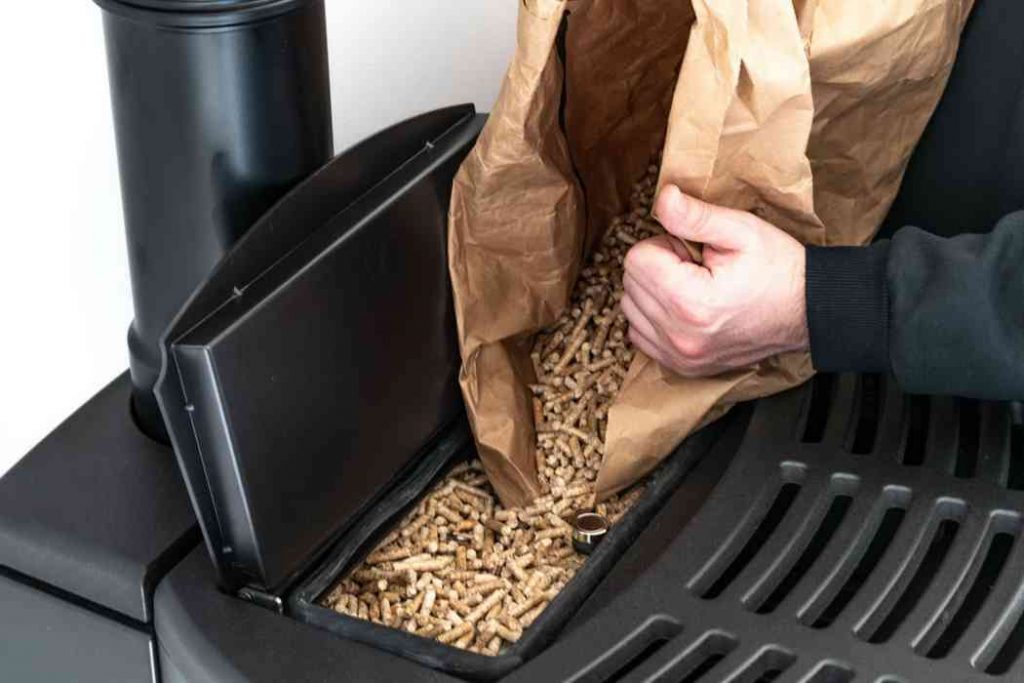Wood pellets are a type of biomass fuel that is made from compressed sawdust and other wood waste materials. They are used as a renewable energy source for heating and energy applications, and they offer several advantages over traditional fossil fuels.
Benefits of Using Wood Pellets for Fuel
There are several benefits to using wood pellets for fuel. Firstly, wood pellets are a renewable energy source that is derived from sustainably managed forests. This means that they are a more eco-friendly and sustainable option than fossil fuels, which are non-renewable and contribute to climate change.
Wood pellets are also more efficient than other types of biomass fuels, such as wood chips or logs. This is because they are compressed into small, uniform pellets that have a high energy density. This means that they produce more heat per unit of fuel, which leads to lower fuel consumption and lower heating costs over time.
In addition, wood pellets are cleaner-burning than fossil fuels, which reduces the environmental impact of heating and energy applications. Wood pellets produce fewer emissions and less ash than other types of fuels, which means that they are better for the air quality and require less maintenance for the heating system.
How Wood Pellets Are Made
Wood pellets are made from sawdust and other wood waste materials that are compressed into small, uniform pellets. The raw materials are first dried to remove excess moisture, which improves the quality of the pellets and reduces transportation costs.
The dried materials are then ground into a fine powder and passed through a pellet mill, which compresses the powder into small pellets. The pellets are then cooled and screened to remove any dust or debris, and they are packaged into bags for distribution.
En+plus Certification for Wood Pellets
To ensure the quality and sustainability of wood pellets for fuel, the European Pellet Council (EPC) has developed the En+plus certification program. The En+plus certification guarantees that wood pellets meet high standards of quality, sustainability, and performance.
The En+plus certification program has two categories of certification: En+plus A1 and En+plus A2. En+plus A1 wood pellets have a maximum ash content of 1% and a lower energy density than En+plus A2 wood pellets, while En+plus A2 wood pellets have a maximum ash content of 0.5% and a higher energy density. Both categories of wood pellets are high-quality fuel options, but En+plus A2 wood pellets are considered to be the top-tier of wood pellet quality certification.
Conclusion
Wood pellets are a renewable, efficient, and eco-friendly fuel option that offers several benefits over traditional fossil fuels. They are made from compressed sawdust and other wood waste materials, and they produce less emissions and ash than other types of fuels. Additionally, the En+plus certification program ensures that wood pellets meet high standards of quality, sustainability, and performance. Overall, wood pellets are a great choice for heating and energy applications, and they provide a sustainable solution for reducing our dependence on fossil fuels.



